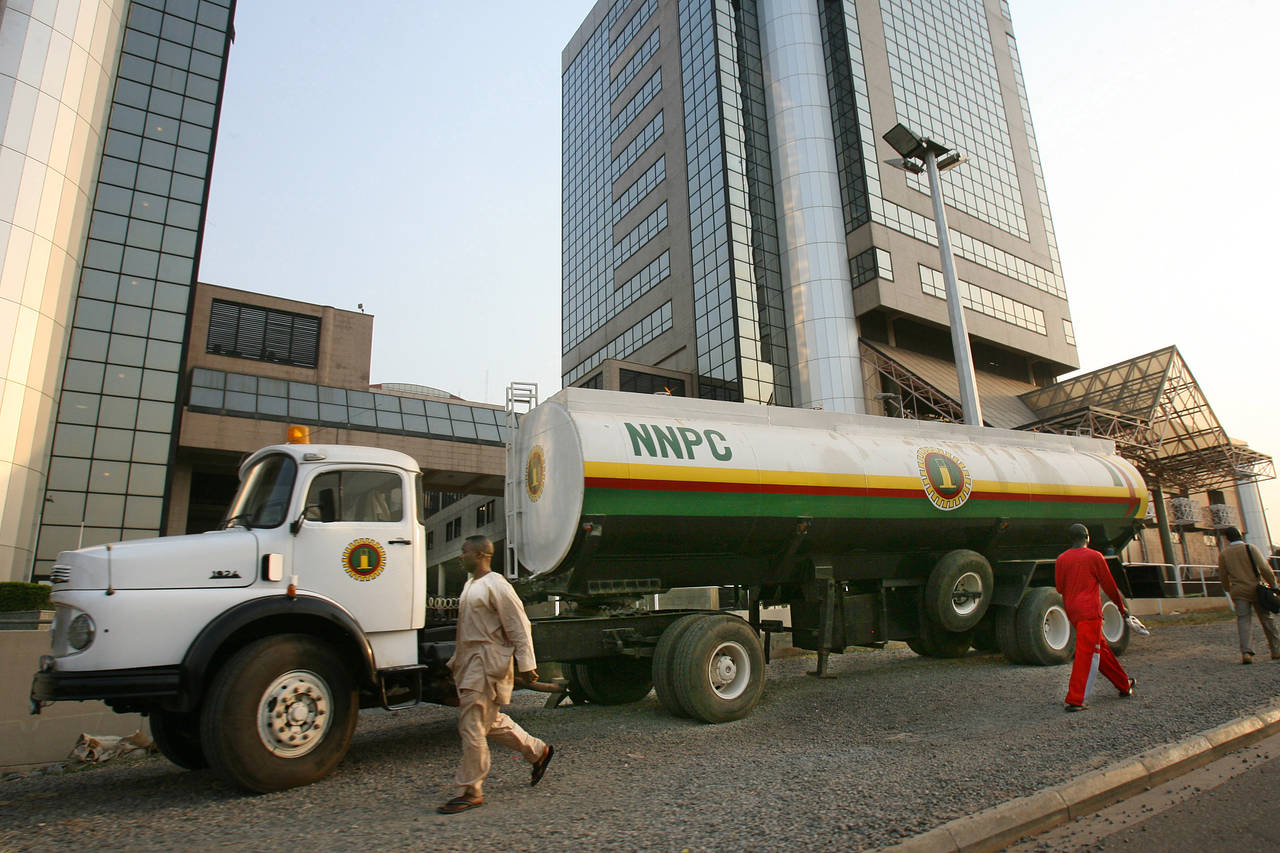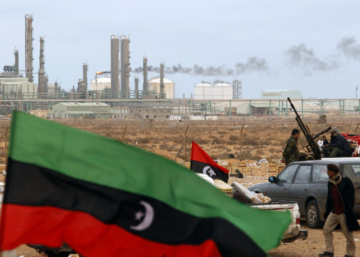The Nigerian National Petroleum Corporation (NNPC), a state-owned entity, recently acknowledged its substantial debt of $6 billion to petrol suppliers. This admission, made in early September 2024, marks a significant development in the Nigerian oil industry, which has been grappling with various challenges.
The debt revelation came after months of speculation and denials. The NNPC’s financial strain has been attributed to the gap between fixed pump prices and international fuel costs, exacerbated by the removal of fuel subsidies in 2023. This policy change led to a sharp increase in petrol prices, with motorists now paying over 45% more per litre.
The financial burden has had a ripple effect on the NNPC’s operations and the broader oil industry. Suppliers have reduced the volume of petrol provided to the NNPC, resulting in a six-week-long petrol scarcity across Nigeria. This scarcity has caused significant disruptions in daily life and economic activities, highlighting the critical role of the NNPC in ensuring national energy security.
Despite these challenges, the NNPC reported record crude oil sales of N14 trillion ($8.6 billion) in 2023, a substantial increase from the previous year. However, the company’s ambitious target of achieving two million barrels per day of crude oil production by the end of 2024 is being hindered by rampant oil theft and financial constraints.
The NNPC’s debt situation has also led to conflicts with major projects like the Dangote Refinery, where its stake was reduced due to non-payments. To mitigate these issues, the NNPC has announced plans to sell assets and potentially go public, pending shareholder approval.
The admission of this debt underscores the complex dynamics of Nigeria’s oil industry and the urgent need for sustainable financial and operational strategies to stabilize the sector.




